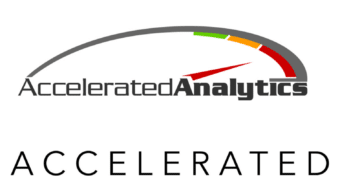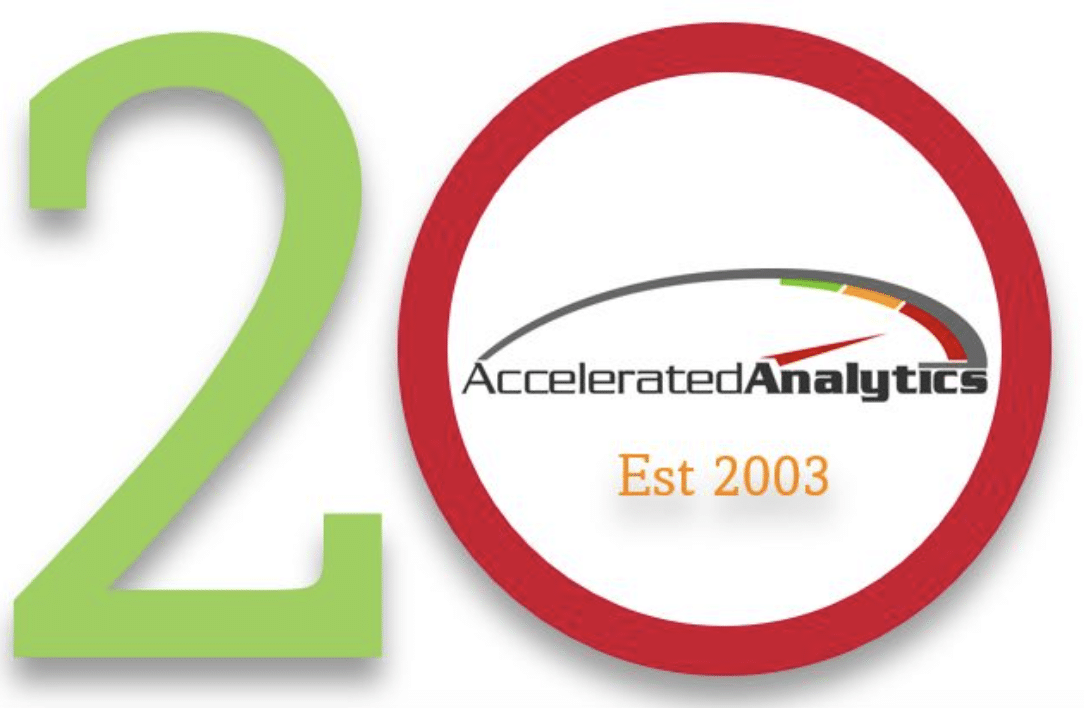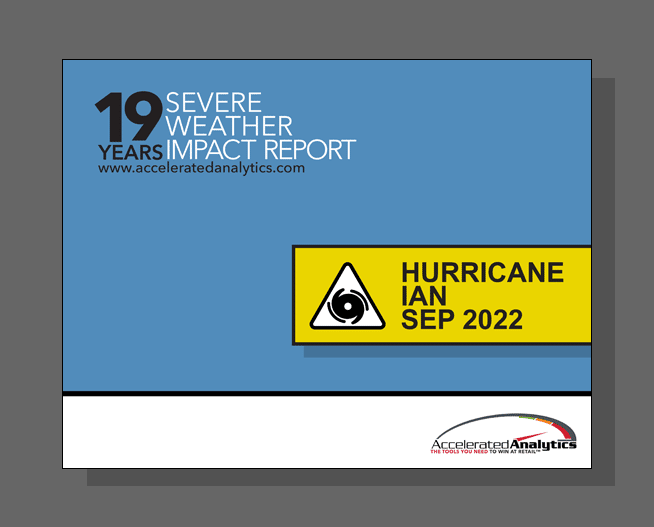The retail industry has been experiencing a big power shift over the last decade, from the retail side to customers. If your retail business is not customer centric in 2019, you could find yourself struggling. How do you gain that advantage in your retail business? POS of course.
Think about it, how easy is it now for customers to leave reviews, leave ratings and share personal experiences via social media? More than any other time in history, shoppers are more informed and selective.
What does that mean for your retail business? You have to adapt to these changes. Having the right retail POS system and the right POS data make a huge difference in selling your products. You always want to know what your retail metrics are, POS data and reporting gives us the tools we need.
Choosing a POS system for your business is a big decision. Choosing a POS reporting partner is equally important. With both in hand, it’s going to give you insights into the behavior of your customers.
POS Features
Now, a POS system is really a retail management system as the software often goes much deeper than just processing sales. In fact, POS systems can do a lot, so you want to look for a POS that offers;
- Inventory Management
- Customer Management
- Employee Management
- Membership Management
- Bookkeeping
- Sales Reporting
- Purchase Orders
- Stock Transfers
- And much, much more
They allow you to control your inventory, allow you to see how your inventory is moving while also showing you product sales from each one of your locations. You can also track employee performance and hours with a POS.
Some POS system solutions have extended features that can integrate with your CRM, accounting, ecommerce and shopping cart software. POS systems have come a long way over the last decade and one that is packed with features like these can be extremely beneficial for your retail company.
Now, a POS system is usually designed for a specific industry. While some retail POS systems may also be used for restaurants, most will be niche specific. You’ll see POS systems designed for bars, cafes, hotels or finances.
For retail POS, you’ll usually see them have capabilities that include;
- Omnichannel Selling
- Product Variants
- Payment Processing
- Ecommerce Integrations
- Multiple Stores And Locations
- Cloud Technology
Should I Get A Retail POS System?
If you ask us, the answer is a big “YES!” The POS environment has drastically changed over the last few years. We remember when POS systems were huge investments and while they’re not cheap per say, they’re very affordable.
Secondly, the features and capabilities have greatly increased, many we’ve already listed above. Most POS systems now connect with the cloud and the software/tools you use will likely integrate with a number of different retail POS systems.
Third, think about all the benefits you will gain having a POS system and POS reporting to boot. Askuity did a POS data study last year and found out 63 percent of brands are leaving Excel for POS solutions. The big question, why are they leaving? The answer is to leverage the POS reports and analytics of course. If you ask some of the companies that use our POS data and reporting, they would tell you first hand it has a big impact on their bottom line and impacts their decision making.
Additional studies are showing that smartphones will account for nearly 33 percent of retail sales in 2019, that’s well over a $1 trillion in purchases.
There’s a number of different retail POS systems on the market. You know what your retail business needs, make sure you find the exact features you’re looking for. Before you choose a POS System for your business, make sure you do your due diligence.
Once you have your retail POS, you can come back to Accelerated Analytics to get the best POS reporting in the business.


